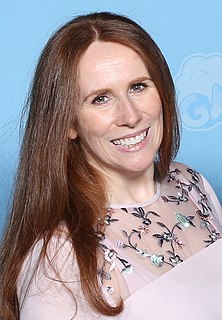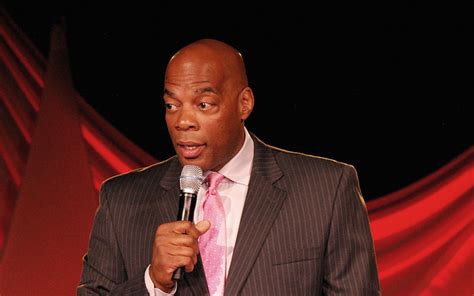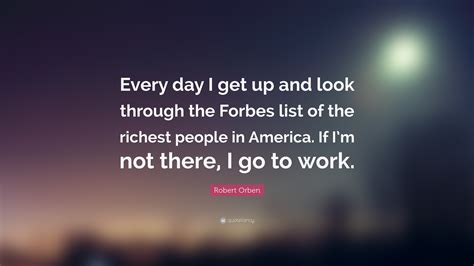A Quote by Nipsey Russell
Related Quotes
Natalie Lyalin is writing some of the best poems in the world. There is an evil in her gorgeous poem-hearts. She must have sold her heart to the devil to write like this—so beautiful, so funny and so strange. Her images stack and stack down the page without spilling, each line such a bombshell you'll start reading backward to the first line. These poems are like babies—they will pop out of trees.
If you are walking backward, away from something you think is a mistake, you may be right in supposing it is a mistake, but for you to be walking backward is never right. You know what happens to people who walk backward.... We are meant to walk forward, not backward, and reaction is always a matter of walking backward.
It always seems to someone outside the business that it is very difficult to write for a comedy show because it must be done quickly. Actually, it is much easier to write this humor than to do a joke or a show from scratch, because the audience knows the plot. Just mention what is going on and then deliver the punch line.
































